Interview with Kent Thompson
Michele Lowe: Before you became artistic director, less than ten of the 264 plays produced at Denver Center Theater were written by women.
Kent Thompson: Yes.
Michele: And since you got here?
Kent: It’s already off the charts.
Michele: You’ve hired a lot of female directors, too.
Kent: For us it’s an issue; every year I have to look at the numbers and make sure I’m following through. I think gender diversity on our stages in terms of playwrights and directors is very important for our audiences, but I just think it’s the future, too. I would hope the next person who sits in this chair would be a woman.
Michele: I’m a New Yorker but after six years coming here, Denver has become my artistic home. How did this all happen? When you asked me to do a reading of Good on Paper, did you anticipate this? Was the idea to form a relationship with me as a writer or were you casting out for people that fit a certain mold?
Kent: Actually part of the idea of the new play program here was to not develop a kind of writer or a kind of play. When I was in Alabama [as Producing Artistic Director of the Alabama Shakespeare Festival] we were very focused on Southern writing and African American writing. I really wanted to escape from that box. I think what we’re trying to do is to cast out for writers that we hope we can have a long-term relationship with.
My experience with new play development is you need to support writers with commissions and you need to have a commitment to producing new plays. More than one play a season. Beyond that you have to recognize that not every project will work for your theater or for the playwright or for the play. Therefore, it means you’re going to have to have a long-term relationship with your writers and you hope to develop a group of writers that you think are really wonderful. It’s a relationship where you kind of have to put your money where your mouth is.
Michele: And you do. I remember you brought me out for one Summit and I didn’t have anything being read and I didn’t have a production.
Kent: I’d been to so many new play programs and with the exception of Humana—and even there it was hit or miss—nobody thought the playwrights needed to be there. So I just tried it. Honestly, I thought I need the writers to see the theater in action because there’s a totally different conversation after you’ve seen the level of work onstage, good or bad, and you’ve seen how the theater approaches the work. I also found that I would go to new play festivals and I’d meet all these artistic directors and literary managers, and I liked them very much, but how curious that we’re not meeting the principal artists, the playwrights. Also, I didn’t know how many places playwrights get to talk to each other.
That’s the advantage of having an established company and an established audience that wants to find you. There are great payoffs for the audience and the institution in watching plays being developed and then being produced.
Michele: Well, that’s it, too. One of the great things about the Summit is that I get to meet other playwrights and talk about stuff like typefaces and directors and actors. And what’s been nice over the years is that there has been a group that’s come back and you’ve added new people to it and the grace and the generosity has been so terrific, not just from the theater but between artists. So you do get a chance to feel the sense of community.
Kent: It’s been great in terms of how we’ve developed the process of producing the Summit. And we hope to keep evolving. I think there are still two big steps we have to take: One is that we need to take a couple of weeks to work on a play. So playwrights come in for two weeks and maybe have the public reading during the first weekend and then have the industry reading during the second week. So they’d get not just two cracks at the play, but three or four. It’ll be a while before we can afford to do that. I think the other thing we started to put our attention to is how do we guarantee follow-up on productions elsewhere? I’ve never been one to say “It’s got to make it in New York,” or “It’s got to go to London.” That’d be great but what I’m concerned about is that each play be done four, five, six, seven times around the country.
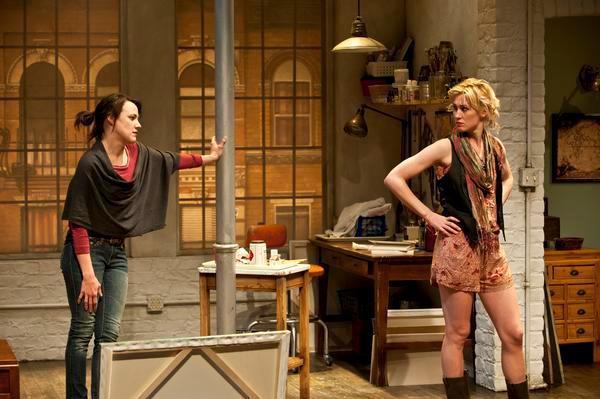
Photo by the Denver Center Theatre Company.
Michele: And that’s something playwrights think about all the time.
Kent: So this year we’ve actually started discussions about who we want to invite to specific projects. We don’t care if they come to the Summit—though we’d love it if they did—so long as they come see Map of Heaven, or as long as they come to the Summit to see this particular project because we think it’s aligned with that theater. So it’s a little bit of matchmaking, and I think it takes more time because you’ve got to call people and say okay, I really think you should come see this. Then you’ve got to be willing to go and see their shows.
Michele: Has my relationship with the theater evolved the way you thought it would? Was there anything that was surprising? After the first Summit you passed on Good on Paper but you gave me a commission instead. That was huge for me.
Kent: I think it’s only been surprising in that you’ve done exactly what I expected from reading your plays: every play’s a different play, every play’s a different world. You’re not Tennessee Williams …
Michele: I’m definitely not Tennessee Williams.
Kent: You know what I mean. You’re not writing the same play. I don’t feel like you’re writing about the same concerns all the time and that’s been surprising but it’s been great.
Michele: Coming back here with Map of Heaven is very significant for me because it’s been only two years since we did Inana.
Kent: But to me I think that makes a lot of sense. I think we’ve got to gather a family of playwrights.
Michele: That’s how it feels. I now recognize people in the audience. People come up to me and talk to me.
Kent: And that’s the advantage of having an established company and an established audience that wants to find you. There are great payoffs for the audience and the institution in watching plays being developed and then being produced. What we’re trying to do now is figure out how to get the audience to talk to us more and talk to each other more.
The interesting thing for us is that we’ve had a great beginning of the new play program and the Colorado New Play Summit and we’re kind of doing Theater 2.0 with the Jones Theater (the smallest of the four theaters). We’re starting a whole new effort. We’re going to turn it back into what it started out as, which is a lab space. We want to use it as a multi-media lab because a lot of playwrights are incorporating multi-media in their process as a way to attract younger and more adventuresome audiences.
Michele: More experimental?
Kent: Yes, we’re going to use it as a lab to experiment with interaction with audiences. Something we’ve talked about is breaking down the formality of the theatrical experience. We want to figure out different ways to interact with people whether it’s by texting or responding as the play evolves, or it’s blending forms of theater, and site specific stuff. We want to address how to do you develop the next generation of theater and how do you develop the next generation of theater-going audiences. And also what techniques can we use upstairs in the larger theaters? We hung all these monitors in the new lobby. During the opening night party for Reckless one of the staging rehearsals for A Christmas Carol happened to be up on the lobby monitor. I can’t tell you how many people were watching. No sound. To us it’s like watching paint dry but they were fascinated. So what we’re trying to figure out is how do we engage people in what we do along the way.


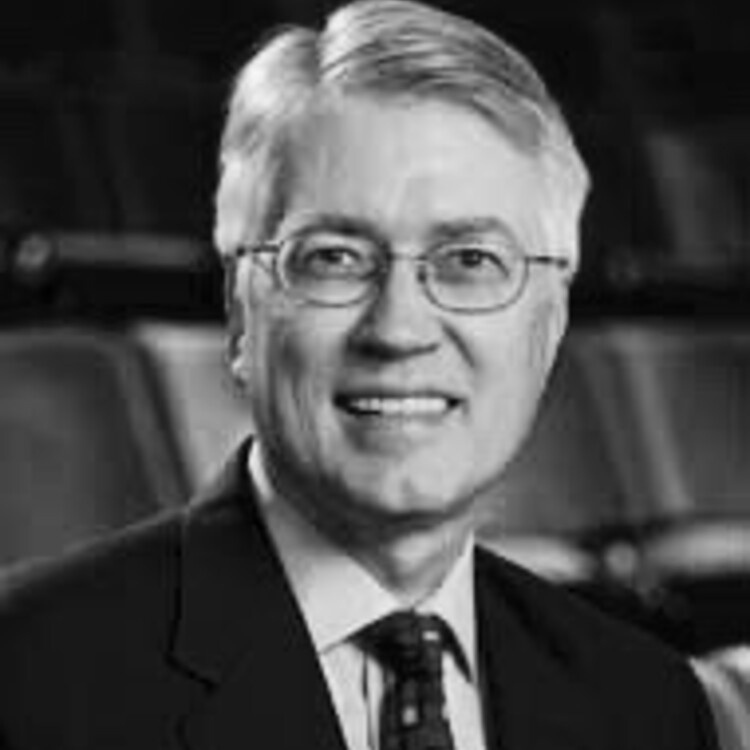
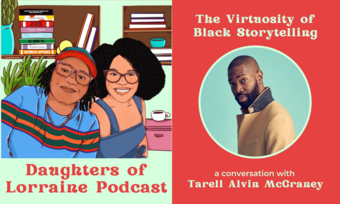



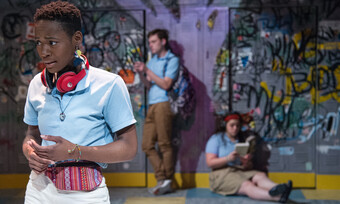


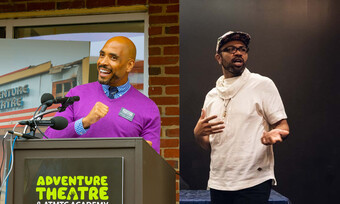
Comments
The article is just the start of the conversation—we want to know what you think about this subject, too! HowlRound is a space for knowledge-sharing, and we welcome spirited, thoughtful, and on-topic dialogue. Find our full comments policy here